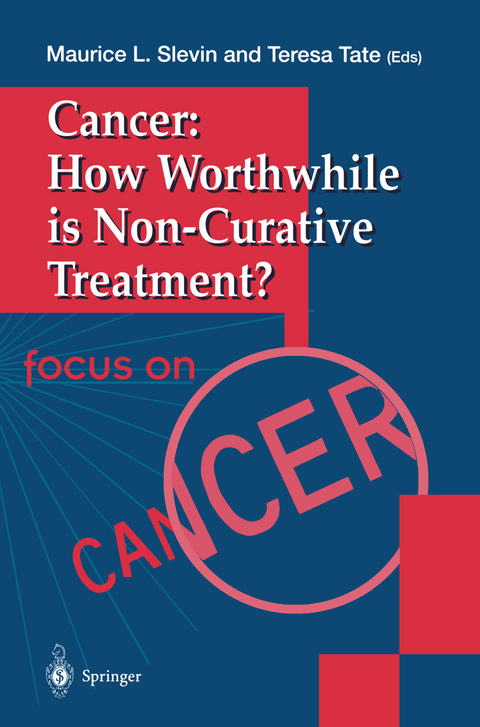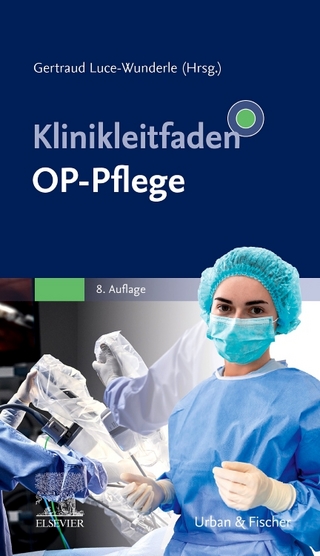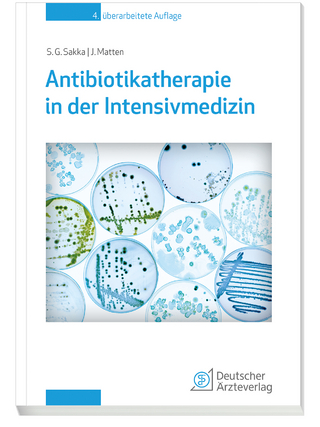
Cancer: How Worthwhile is Non-Curative Treatment?
Springer Berlin (Verlag)
978-3-540-76083-2 (ISBN)
Section 1. Non-Curative Surgery.- 1. Non-Curative Surgery for Upper Gastrointestinal Malignancy.- 2. Non-Curative Surgery for Cancer of the Large Bowel.- 3. Non-Curative Surgery for Gynaecological Malignancy.- 4. Non-Curative Urological Surgery for Cancer.- 5. Non-Curative Neurosurgery for Malignant Brain Tumours.- 6. Non-Curative Surgery for Thoracic Malignancies.- Section 2. Non-Curative Radiotherapy.- 7. Non-Curative Radiotherapy for Lung Cancer.- 8. Non-Curative Radiotherapy for Bone Metastases.- 9. Part 1 - Non-Curative Radiotherapy for Upper Gastrointestinal Tract Cancer.- 9. Part 2 - Non-Curative Radiotherapy for Lower Gastrointestinal Tract Cancer.- 10. Non-Curative Radiotherapy Treatment for Gynaecological Cancer.- 11. Non-Curative Radiotherapy for Neurological Cancer.- 12. Non-Curative Treatment for Head and Neck Cancer.- Section 3. Non-Curative Chemotherapy.- 13. Non-Curative Chemotherapy for Breast Cancer.- 14. Non-Curative Chemotherapy for Small Cell Lung Cancer.- 15. Non-Curative Chemotherapy for Non-Small Cell Lung Carcinoma.- 16. Non-Curative Chemotherapy for Gastric Cancer.- 17. Non-Curative Chemotherapy for Colorectal Cancer.- 18. Non-Curative Chemotherapy for Gynaecological Cancer.- 19. Non-Curative Chemotherapy for Patients with Unknown Primary Cancers.
| Erscheint lt. Verlag | 31.7.1998 |
|---|---|
| Reihe/Serie | Focus on Cancer |
| Zusatzinfo | XVII, 310 p. 6 illus. |
| Verlagsort | London |
| Sprache | englisch |
| Maße | 155 x 235 mm |
| Gewicht | 500 g |
| Themenwelt | Medizin / Pharmazie ► Medizinische Fachgebiete ► Chirurgie |
| Medizin / Pharmazie ► Medizinische Fachgebiete ► Onkologie | |
| Schlagworte | brain • Breast Cancer • Cancer • carcinoma • Cell • Chemotherapy • Gastric cancer • Metastasis • neurosurgery • Oncology • radiotherapy • Surgery • Tumor |
| ISBN-10 | 3-540-76083-0 / 3540760830 |
| ISBN-13 | 978-3-540-76083-2 / 9783540760832 |
| Zustand | Neuware |
| Haben Sie eine Frage zum Produkt? |
aus dem Bereich


